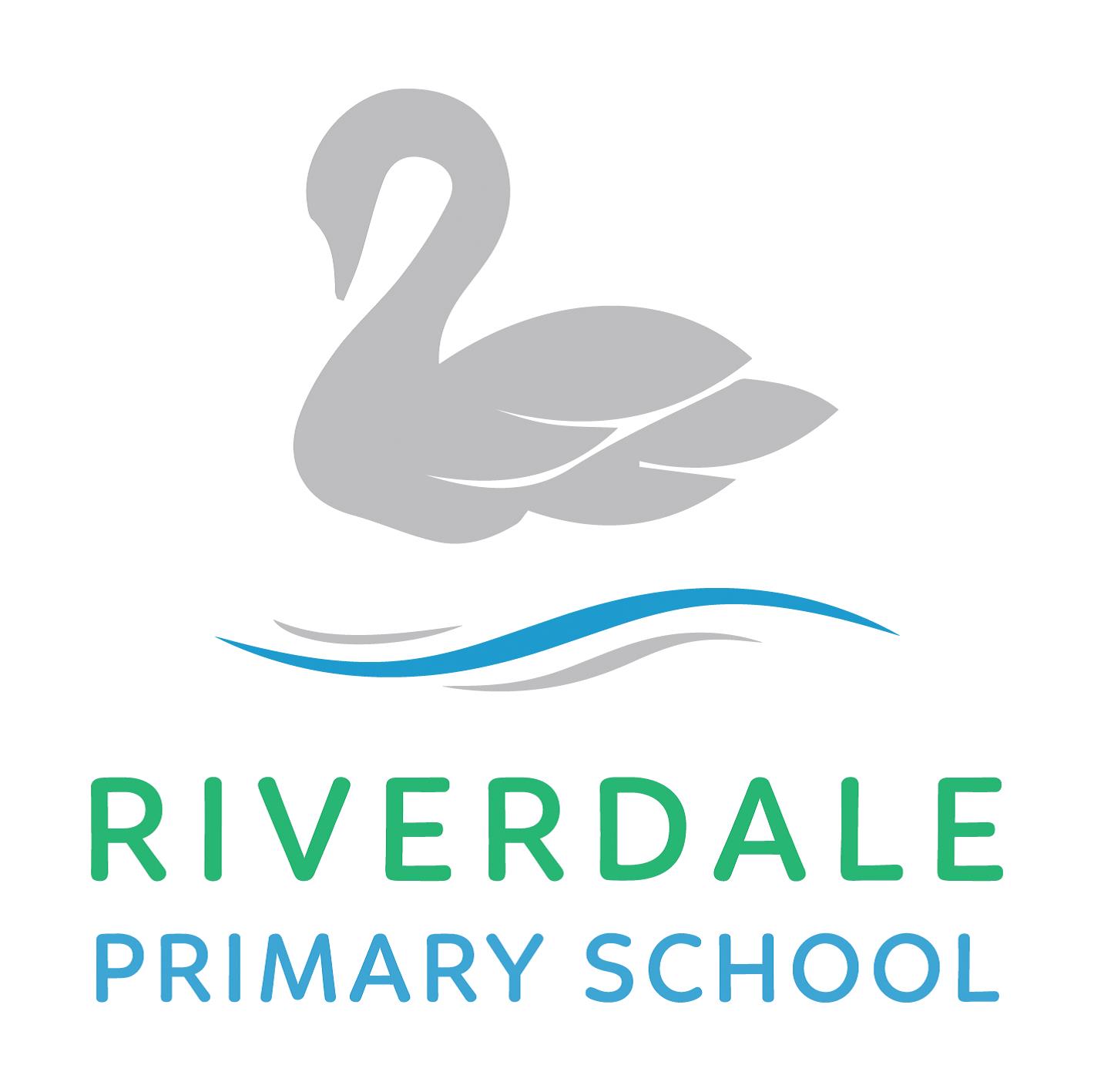Writing
Through our teaching of writing, we aim to develop
- An understanding of the important concepts and an ability to make connections within mathematics.
- A broad range of skills in using and applying mathematics.
- Fluent knowledge and recall of number facts and the number system.
- The ability to show initiative in solving problems in a wide range of contexts, including the new or unusual.
- The ability to think independently and to persevere when faced with challenges, showing a confidence of success.
- The ability to embrace the value of learning from mistakes and false starts.
- The ability to reason, generalise and make sense of solutions.
- Fluency in performing written and mental calculations and mathematical techniques.
- A wide range of mathematical vocabulary.
- A commitment to and passion for the subject.
- The ability to write fluently and with interesting detail on a number of topics throughout the curriculum. • A vivid imagination which makes readers engage with and enjoy their writing.
- A highly developed vocabulary and an excellent knowledge of writing techniques to extend details or description.
- Well-organised and structured writing, which includes a variety of sentence structures.
- Excellent transcription skills that ensure their writing is well presented and punctuated, spelled correctly and neat.
- A love of writing and an appreciation of its educational, cultural and entertainment values.
We will do this by giving children the opportunity to write in different genres across the curriculum in the following ways.
Key Stage 1
Narrative
- Write stories set in places pupils have been.
- Write stories with imaginary settings.
- Write stories and plays that use the language of fairy tales and traditional tales.
- Write stories that mimic significant authors.
- Write narrative diaries.
Non-fiction
- Write labels.
- Write lists.
- Write captions.
- Write instructions.
- Write recounts.
- Write glossaries.
- Present information.
- Write non-chronological reports.
Poetry
- Write poems that use pattern, rhyme and description.
- Write nonsense and humorous poems and limericks.
Only the following are statutory at KS1:
- personal experiences
- real events
- poetry
- different purposes.
Key Stage 2
Narrative
- Write stories set in places pupils have been.
- Write stories that contain mythical, legendary or historical characters or events.
- Write stories of adventure.
- Write stories of mystery and suspense.
- Write letters.
- Write plays.
- Write stories, letters, scripts and fictional biographies inspired by reading across the curriculum.
Non-fiction
- Write instructions.
- Write recounts.
- Write persuasively.
- Write explanations.
- Write non-chronological reports.
- Write biographies.
- Write in a journalistic style.
- Write arguments.
- Write formally.
Poetry
- Learn by heart and perform a significant poem.
- Write haiku.
- Write cinquain.
- Write poems that convey an image (simile, word play, rhyme and metaphor).
Only the following are statutory at KS2:
- narratives
- non-fiction
- poetry
- different purposes.
As children progress through school there are key milestones they are judged against and they are linked to age related expectations at these points in time. We have three key milestone points across the school. we aim for children to achieve. Milestone 1 is expected standard by the end of Year 2, Milestone 2 is the expected standard by the end of Year 4 and Milestone 3 is the expected standard by the end of Year6.
Please click on the links below for details of the learning milestones for writing and our progression of skills across each year group.
- Writing Milestones
- Riverdale Primary School Progression in Skills Year 1-3
- Riverdale Primary School Progression in Skills Year 1-3
- Riverdale Primary School Progression in Skills Year 4-6
- Year 1 Writing Skills Progression
- Year 2 Writing Skills Progression
- Year 3 Writing Skills Progression
- Year 4 Writing Skills Progression
- Year 5 Writing Skills Progression
- Year 6 Writing Skills Progression




